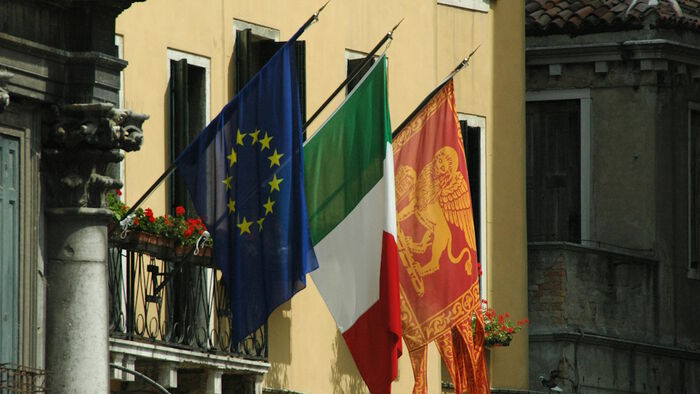When visiting the UK last year, Modi stated that Brexit offers opportunities to increase trade relations between the UK and India.
Britain’s relationship with its former colony will continue to be of great importance. But often overlooked is the role of British Indians, who constitute not only the largest foreign-born population, but also the largest ethnic minority group in the UK. British Indians have historically played an important role in Indian politics, and the most recent election was no exception.
British Indians fundraise for Indian political parties, consult on campaigns, provide grassroots mobilisation, and lobby on Anglo-Indian issues, particularly on trade and foreign affairs. In return, Indian political parties, especially the BJP, have strong connections with the Indian diaspora. The government even has a dedicated Ministry of Overseas Indian Affairs, which builds partnerships with the diaspora.
But how did British Indians vote in the EU referendum? Surprisingly, nearly 40% supported Leave.
Much of the academic and public conversation on Brexit focuses on the white working class who voted Leave. The idea that it was predominately white working class grievances—concerns over immigration and identity, economic deprivation, and the effects of de-industrialisation and globalisation—which propelled the Leave vote on 23 June 2016. Certainly these issues should be of concern and adequately addressed by policy makers and politicians. But emerging research in the aftermath of the referendum paints a much more complex and nuanced picture.
Frequently left out of the analysis, however, is the role of ethnic minorities in the Brexit vote. Immediately after the referendum, Ashcroft Polls gave an indicator of support for Leave by ethnic and religious breakdown:

Further research on this issue has highlighted that although levels of support for Remain were high amongst Black Caribbeans and Black Africans, Pakistanis, and Bangladeshis, of all ethnic minorities, Indians are particularly noteworthy. Indeed, British Indians ‘are between 1.6 and 2 times more likely to support Leave when compared to other minority groups’.
Given the significant level of support for Leave amongst British Indians compared to other BAME groups, I conducted interviews with this demographic in order to better understand the motivations for their vote. Here, four issues stand out among my interviewees.
The first concerns their views towards the Commonwealth, and in particular, promises of more Commonwealth immigration by the Leave campaign. Many interviewees have expressed the view that the EU freedom of movement clause is viewed as unfair to Commonwealth migrants who face more difficulty in the visa application process. For many of these interviewees, decades of hard work to define their status in British society comes at the expense of EU migrants who benefit from a supposedly ‘open border policy’.
The belief that Britain maintains its ‘special relationship’ with its former colonies extends beyond just the bureaucratic process, however. Equally important to these interviewees is the historical and cultural Anglo-Indian connections from the legacy of empire, including the English language. For many of these interviewees, it is the idea of cultural belonging stemmed from a shared history. The EU, on the other hand, is framed as a political project, and EU migrants are viewed as not part of the fabric of Britishness.
The second issue discussed by interviewees concerns their economic livelihood. For many employed as shopkeepers, for instance, their dependence on Commonwealth products catered to British Asian communities is valued above goods traded with the EU. By voting Leave, their hope has been that Brexit Britain will expand its markets with the Commonwealth in order to open up more opportunities for local businesses, as promised by then prominent Brexiteer Priti Patel (pictured above).
Frustration with misrepresentation in the mainstream media and by political parties is the third issue discussed by interviewees. Many express considerable resentment with how the political and media establishment portray British Indians (and ethnic minorities in general) as a monolith and a ‘vote bank’ for Labour. Several express the desire to not be taken ‘for granted’, especially on issues such as immigration. This is particularly relevant when noting that British Indians are the only BAME group that increased support for the Conservatives in 2017 and 2015, a party viewed as actively addressing their concerns.
The last issue relates to fear of stigma for supporting Brexit. Several describe how vocalising their views often results in being labelled as racist, and by extension, all Brexiteers as racist. This forces us to consider not only how we think about race and ethnicity when it comes to the experiences of ethnic minorities, but also how we frame the public conversation about the role of racism in the Brexit vote.
Overall, it is important to situate how race, ethnicity, and class are mutually constitute drivers in understanding the British Indian Brexit vote. Only then can we begin to truly unpack who constitutes the ‘left behind’.
This article was originally published by the UK in a Changing Europe
.jpg)




